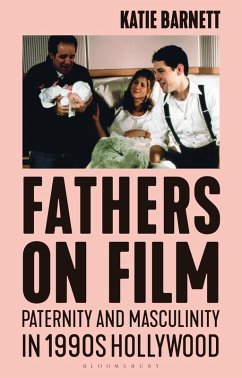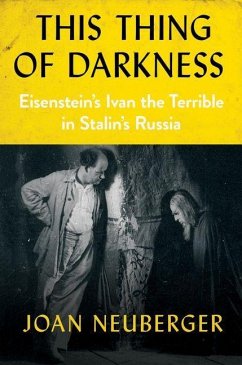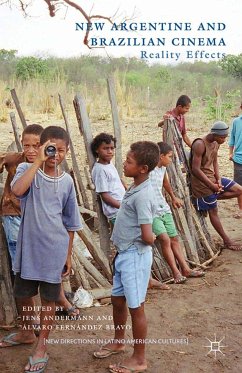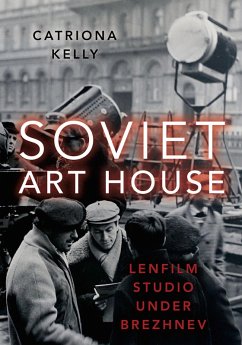
New Soviet Man (eBook, PDF)
Gender and masculinity in Stalinst Soviet cinema
Versandkostenfrei!
Sofort per Download lieferbar
19,95 €
inkl. MwSt.
Weitere Ausgaben:

PAYBACK Punkte
10 °P sammeln!
Cinema has long been recognised as the privileged bridge between Soviet ideologies and their mass public. Recent feminist-oriented work has drawn out the symbolic role of women in Soviet culture, but, not surprisingly, men too were expected to play their part. In this first full-length study of masculinity in Stalinist Soviet cinema, John Haynes examines the 'New Soviet Man' not only as an ideal of masculinity presented to Soviet cinemagoers, but also, precisely, as a man in his specific, and hotly debated social, cultural and political context.A detailed analysis of Stalinist discourse sets t...
Cinema has long been recognised as the privileged bridge between Soviet ideologies and their mass public. Recent feminist-oriented work has drawn out the symbolic role of women in Soviet culture, but, not surprisingly, men too were expected to play their part. In this first full-length study of masculinity in Stalinist Soviet cinema, John Haynes examines the 'New Soviet Man' not only as an ideal of masculinity presented to Soviet cinemagoers, but also, precisely, as a man in his specific, and hotly debated social, cultural and political context.
A detailed analysis of Stalinist discourse sets the stage for an examination of the imagined relationship between the patriarch Stalin and his 'model sons' in the key genre cycles of the era: from the capital to the collective farms, and ultimately to the very borders of the Soviet state. Informed by contemporary and present day debates over the social and cultural significance of cinema and masculinity, New Soviet Man draws on a range of theoretical and comparative material to produce engaging and accessible readings accounting for both the appeal of, and the inherent potential for subversion within, films produced by the Stalinist culture industry.
New Soviet Man will be widely read by students and specialists in the fields of film studies, Russian and Soviet studies, gender and modern European history.
A detailed analysis of Stalinist discourse sets the stage for an examination of the imagined relationship between the patriarch Stalin and his 'model sons' in the key genre cycles of the era: from the capital to the collective farms, and ultimately to the very borders of the Soviet state. Informed by contemporary and present day debates over the social and cultural significance of cinema and masculinity, New Soviet Man draws on a range of theoretical and comparative material to produce engaging and accessible readings accounting for both the appeal of, and the inherent potential for subversion within, films produced by the Stalinist culture industry.
New Soviet Man will be widely read by students and specialists in the fields of film studies, Russian and Soviet studies, gender and modern European history.
Dieser Download kann aus rechtlichen Gründen nur mit Rechnungsadresse in A, D ausgeliefert werden.













